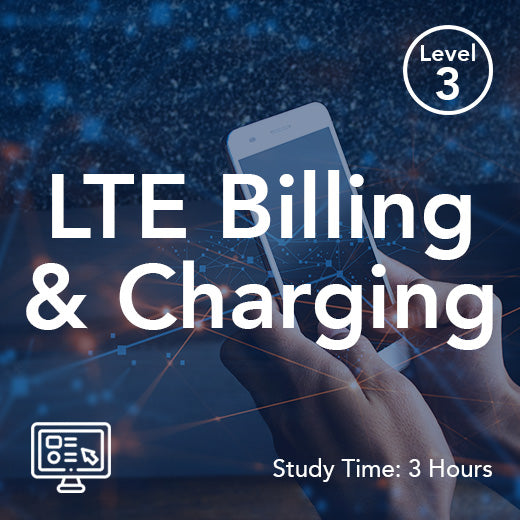Chiamata bloccata
- , di Stephanie Burrell
- 2 tempo di lettura minimo
Una chiamata bloccata è una telefonata in cui le informazioni identificative del chiamante vengono intenzionalmente nascoste o soppresse. Ciò può essere fatto per una serie di motivi, ad esempio proteggere la privacy del chiamante, evitare sollecitazioni indesiderate o persino impegnarsi in attività dannose come truffe o molestie.
Le chiamate bloccate possono essere frustranti e persino preoccupanti, poiché possono lasciare le persone vulnerabili e insicure su chi sta cercando di contattarle. In alcuni casi, le chiamate bloccate possono essere legittime, ad esempio quando un ente governativo o un'organizzazione di polizia ha bisogno di proteggere l'identità del chiamante. Tuttavia, in molti casi, le chiamate bloccate vengono utilizzate da operatori di telemarketing, truffatori o individui con intenti dannosi.
Uno dei motivi più comuni per ricevere una chiamata bloccata è il telemarketing. Gli operatori di telemarketing spesso utilizzano numeri bloccati per cercare di aumentare le possibilità che la loro chiamata riceva risposta. Nascondendo la propria identità, sperano di cogliere di sorpresa le persone e convincerle ad acquistare un prodotto o un servizio. Tuttavia, molte persone trovano queste chiamate invadenti e fastidiose, portando ad una percezione negativa dell’azienda dietro la chiamata.
Oltre al telemarketing, le chiamate bloccate possono essere utilizzate anche per scopi più nefasti. I truffatori spesso utilizzano numeri bloccati per nascondere la propria identità mentre tentano di indurre le persone a rivelare informazioni personali o a inviare denaro. Queste chiamate possono essere particolarmente pericolose, poiché i truffatori sono abili nel manipolare le loro vittime e spesso possono passare inosservati finché non è troppo tardi.
Se ricevi una chiamata bloccata e non sei sicuro della sua legittimità, puoi adottare alcune misure per proteggerti. Un'opzione è semplicemente ignorare la chiamata e non interagire con il chiamante. Se la chiamata è importante, è probabile che il chiamante lasci un messaggio vocale o tenti di contattarti con altri mezzi. Puoi anche impedire al numero di chiamarti di nuovo, tramite le impostazioni del telefono o contattando il tuo fornitore di servizi.
Un'altra opzione è denunciare la chiamata bloccata alle autorità competenti. In caso di chiamate fraudolente, puoi segnalarle alla Federal Trade Commission o all'agenzia locale per la protezione dei consumatori. Segnalando queste chiamate, puoi contribuire a evitare che altri cadano vittime della stessa truffa.
In conclusione, le chiamate bloccate possono essere un fastidio e perfino un pericolo, a seconda delle intenzioni di chi chiama. È importante essere prudenti quando si ricevono chiamate bloccate e adottare misure per proteggersi da potenziali truffe o molestie. Rimanendo informato e proattivo, puoi ridurre la probabilità di cadere vittima di chiamate indesiderate o dannose.










![[FN06sh] 5G AVANZATO (su richiesta)](http://wraycastle.com/cdn/shop/files/5G-Advanced.jpg?v=1741086243&width=645)












